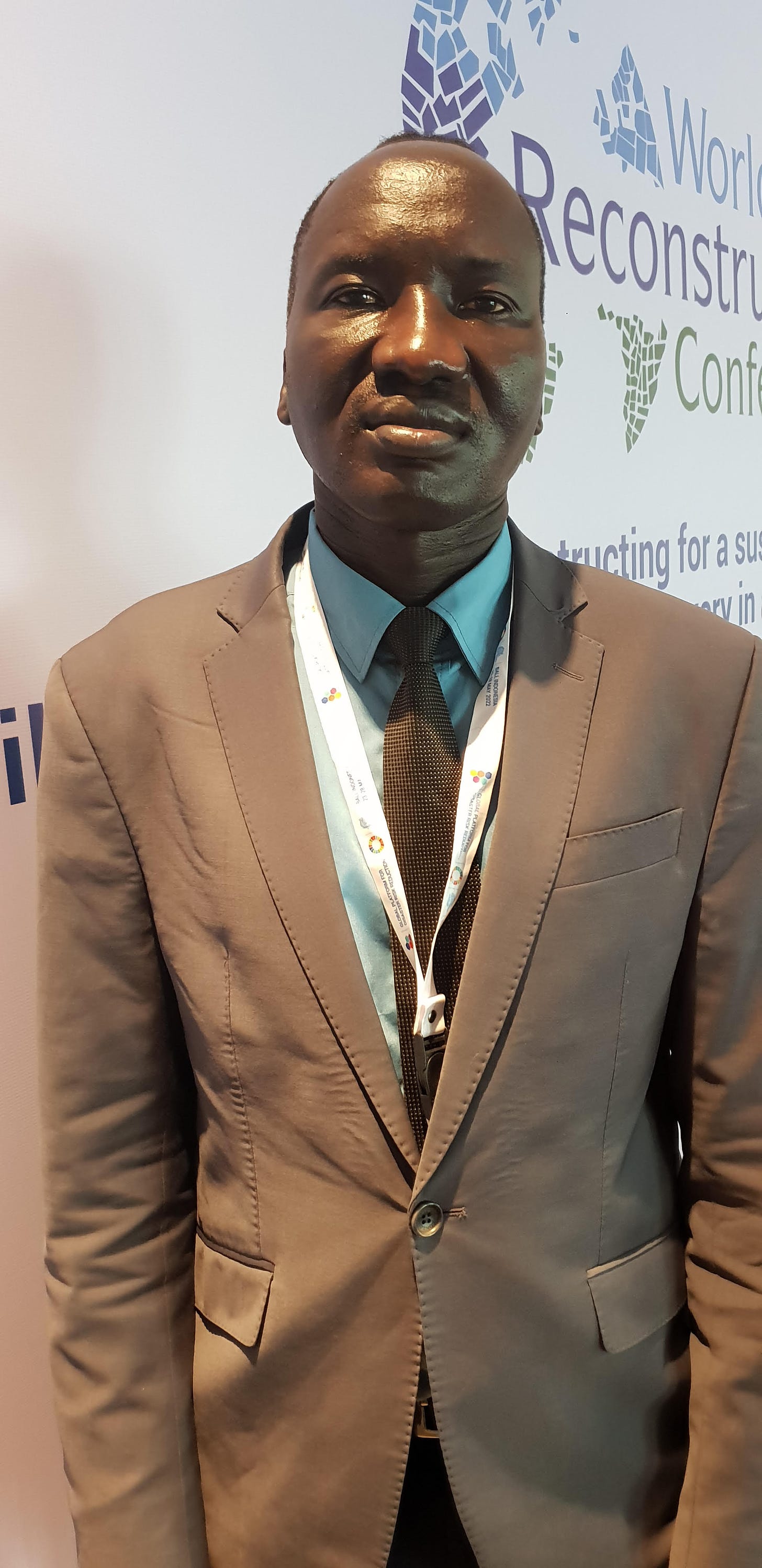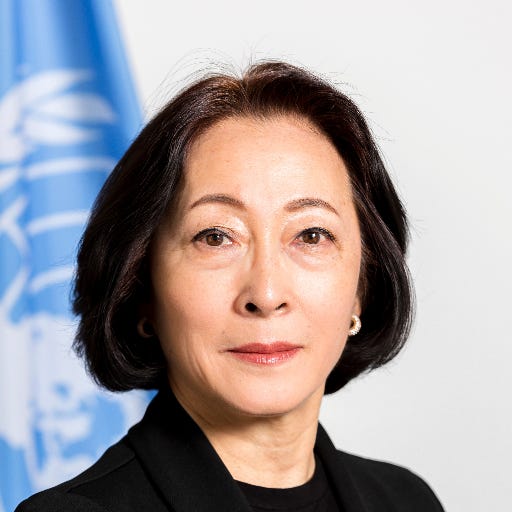AU’s Multi-hazard Early Warning programme to boost Africa’s resilience
The programme encourages the establishment of situation rooms at the AUC and regional levels.
Indonesia: The African Union (AU) expressed hope that the recently-launched Multi-hazard Early Warning and Early Action Systems (AMHEWAS) will improve the resilience-building capabilities of its member states at the Global Platform for Disaster Risk Reduction (GPDRR) in Bali, Indonesia.
The programme encourages the establishment of situation rooms at the AUC and regional levels.
Gatkuoth Kai, AU's Technical Coordinator for Disaster Risk Reduction, was speaking ahead of the GPDRR's official start on Wednesday.
Kai said: "When we left Geneva three years ago, we never had a continental early warning programme, and now we have the AMHEWAS, and it’s a great milestone for us to showcase this global platform.”
“Our expectation is that the AMHEWAS will help us kick start dialogue with other regions, learn from what they are doing, and also seek their input into the AMHEWAS programming.”
The United Nations Office for Disaster Risk Reduction (UNDRR) is also hosting the Multi Hazard Early Warning Conference and the Fifth World Reconstruction Conference prior to the GPDRR, the outcomes of which will be incorporated into the GPDRR agenda.
Kai stated that the AU is actively involved in all discussions so that the outcomes take African nations' needs into account.
He said this is especially important at a time when the African Union is working hard to promote the Africa Recovery Framework, which aims to help AU member states recover from the COVID-19 pandemic and other disasters in a sustainable manner.
According to the AU representative, the conference will also address the recent cyclones that caused widespread devastation in Africa.
Four storms hit Madagascar in one month, and the aftermath of tropical storms Ana and Gombe is still being felt in Malawi, where nearly 85 people died, thousands of houses were destroyed, and tens of thousands were displaced.
Kai said: "We are aware of the recent unfortunate incidents triggered by cyclones in Southern Africa and we want our member states to treat this as a strong message that we need to do more to build resilience because if we continue to be overtaken by events, we will never have time to recover. These cyclones can occur at any time and are becoming less predictable, so building resilience in a comprehensive manner is the way to go, and hopefully, we can learn from Asia, which is usually hit by many more cyclones than Africa."
Mami Mizutori, the Director-General of the United Nations Office for Disaster Risk Reduction (UNDRR) and the UN Secretary-Special General's Representative for Disaster Risk Reduction, delivered the opening remarks at the Fifth World Reconstruction Conference.
She advised the delegates to discuss new ways to deal with problems and to increase their efforts to rebuild better.
In 2015, over 187 countries signed the Sendai Framework for Disaster Risk Reduction, and Mizutori said: "The mid-point of Sendai Framework implementation marks a time of increased global urgency. Furthermore, disasters are also becoming more costly, setting back the global economy by an average of USD 170 billion every year.’’
The Sendai Framework was adopted on March 18, 2015, at the Fourth United Nations (UN) World Conference on Disaster Risk Reduction in Sendai, Japan, with the goal of "significantly reducing disaster risk and losses in lives, livelihoods, and health, as well as economic, physical, social, cultural, and environmental assets of persons, businesses, communities, and countries over the next 15 years."






